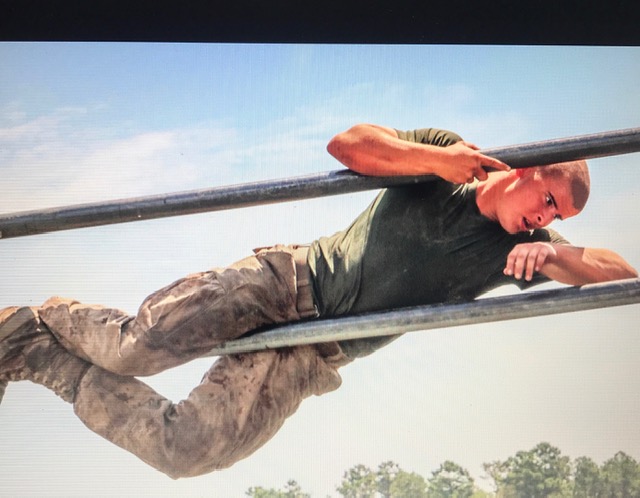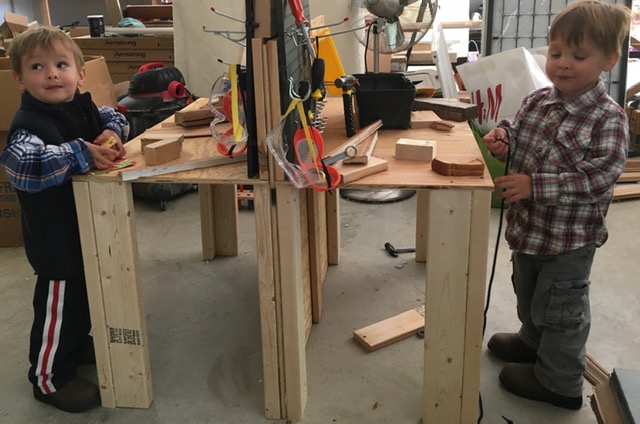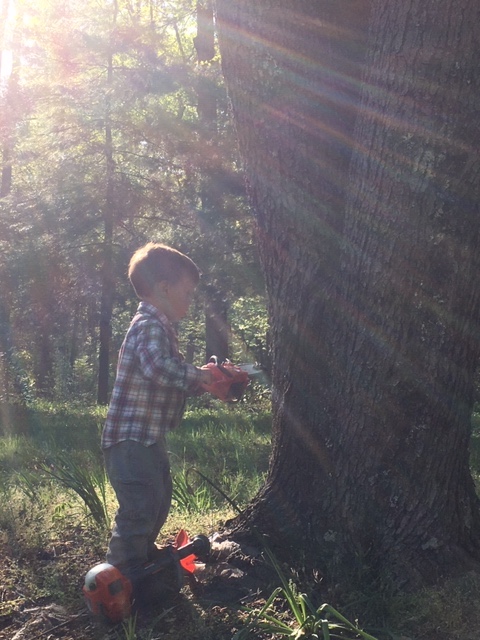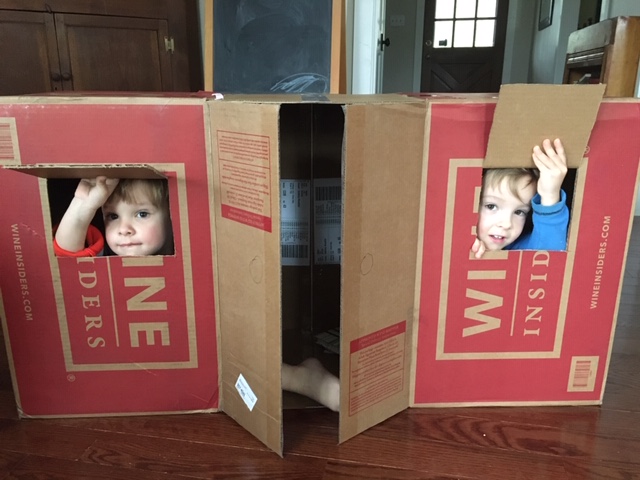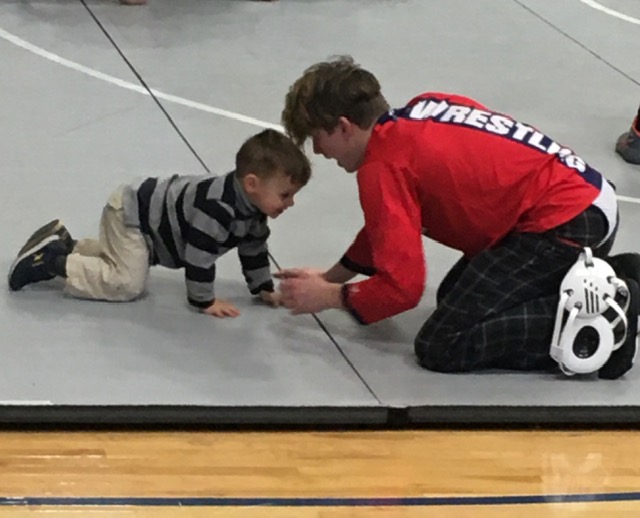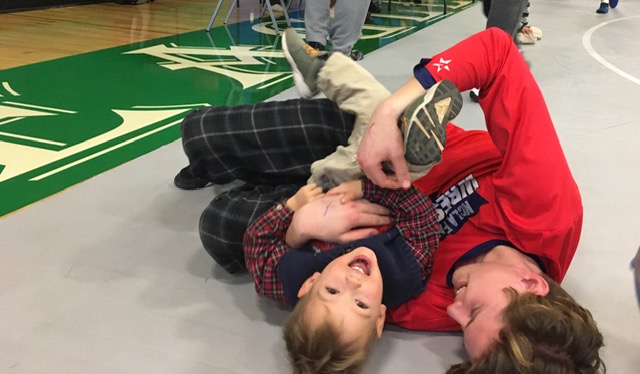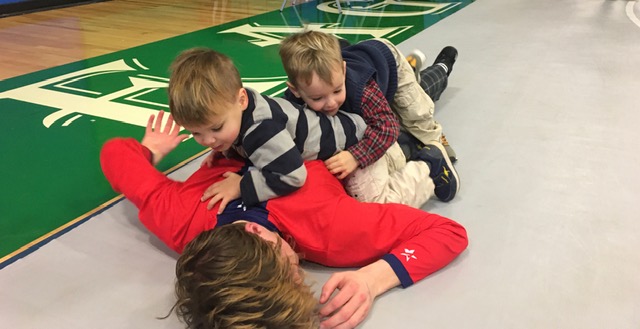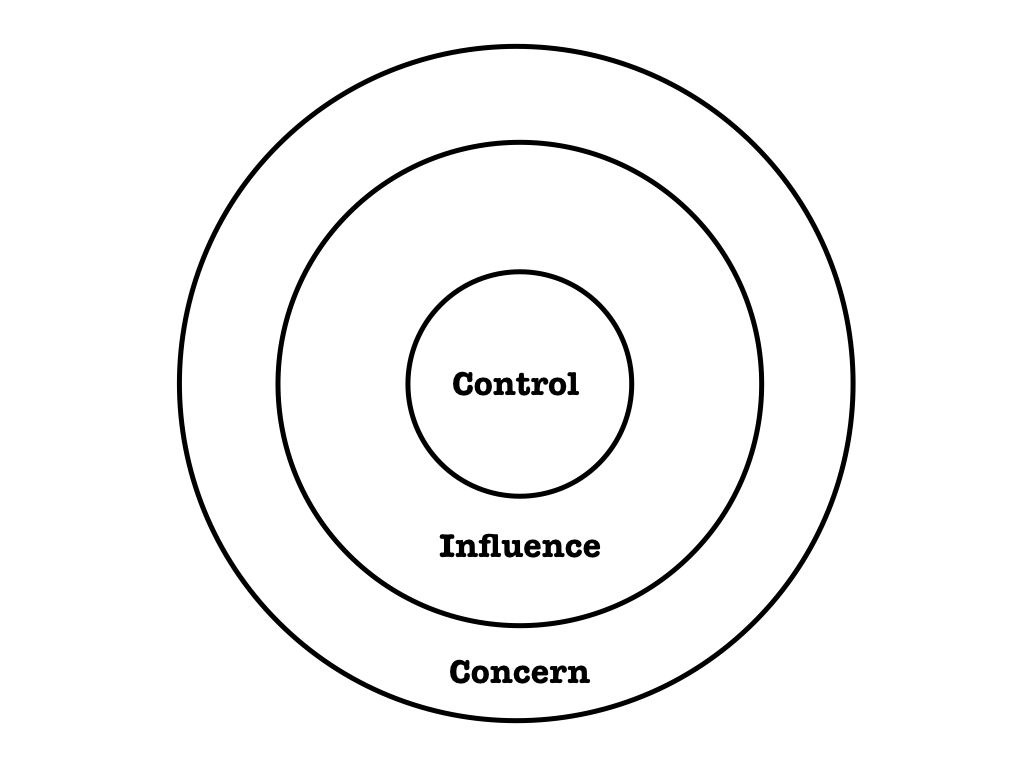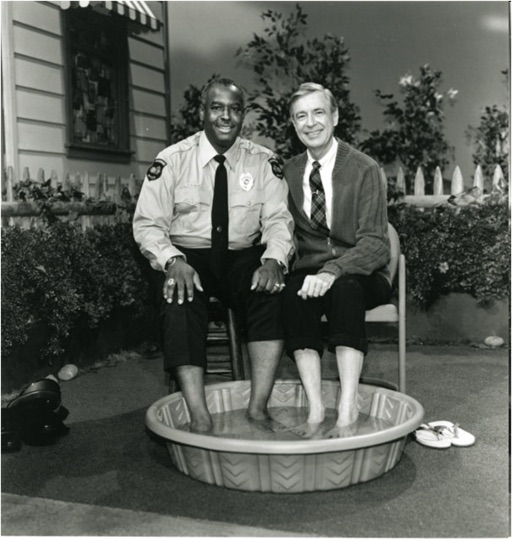I’ve been thinking about how divided our country is right now, and how our children are watching. I wish we could inoculate them against the anger, and the zeal with which we assume the worst of one another.
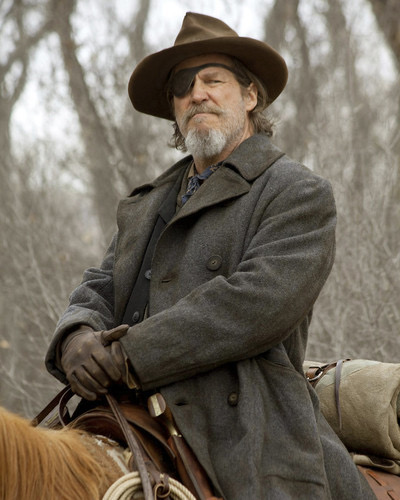
I wrote something about this elsewhere, and about how maybe we can give our children the empathy so many adults are lacking right now, by encouraging them to read good books. Essentially what I’m getting at is that a good book—be it a novel, a biography, or person-focused history—humbles heroes and humanizes villains. They remind us that we, who are almost always the heroes in our life narratives, are fallible. And that our enemies love their mothers too.
Though I wrote that essay for a book publisher, we know it’s not just books that cultivate empathy; good movies, documentaries, comics—anything with a well-told story can help a child empathize with the flaws and humanity in others. We need more of all these. Less formulaic stuff where the heroes are perfect and the bad guys irredeemable. More stuff that reminds us even the worst of us is human.
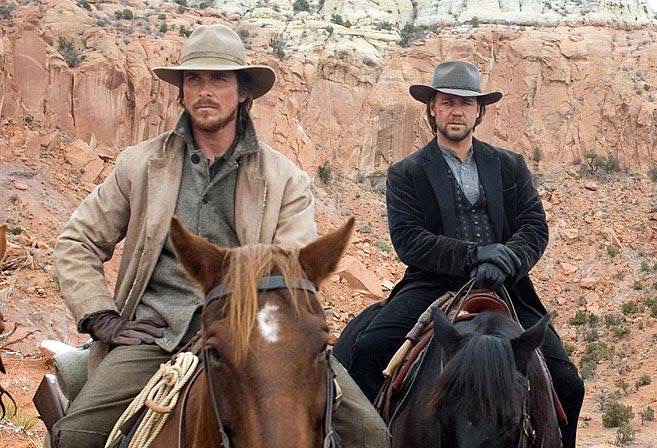
I want to illustrate this idea to my older kids and, in all transparency, to a lot of my adult friends who’ve lost interest in reading anything challenging a long time ago. I’ve been trying to recall stories where the hero is so flawed you cringe, or where you feel at least a flash of genuine empathy for the bad guy you’d rather just hate without reservation. Here’s a teen-friendly sample of what I’ve come up with so far:
- True Grit
- 3:10 to Yuma
- The Book Thief
- Les Miserables
- Anne of Green Gables
- The Penderwicks
- The Voyage of the Dawn Treader
I’m curious how other parents think about this, and in particular what books or movies got you to empathize with characters you were inclined to hate. What, if anything, can our kids read and watch that will grow them beyond the devil/saint mindset that has seized so many politicians and talking heads?




